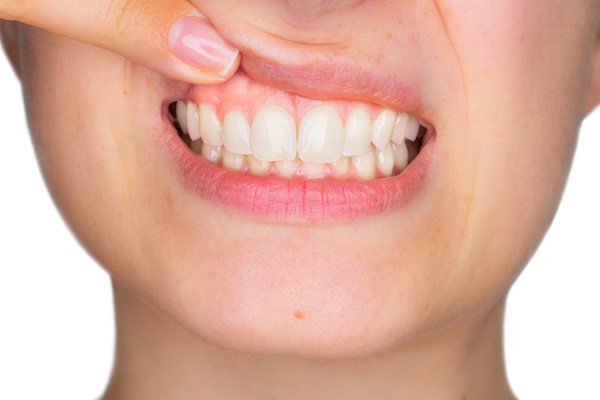
Important Guide to Gum Health
Healthy gums are the key to a healthy smile. Your gums keep your teeth in line, act as a shock absorber, and help anchor your teeth in place. Healthy gums create a tight seal around each of your teeth to prevent food and bacteria from getting below the gum line.
Gum disease can cause discomfort, bleeding from the gums, and even tooth loss. Fortunately, proper care of your gums can improve your dental health and support your overall health.
About Gums
Gums are the pink-colored tissue surrounding your teeth. Your gums are actually connective tissue covered with a mucous membrane. This tissue attaches to and surrounds your teeth; your gums also connect to the part of the jawbone that holds your teeth in place.
Important Care Tips About Gum Disease
Gum disease is a major cause of tooth loss among American adults, according to the American Dental Association. There are two main types of gum disease: gingivitis and periodontitis.
Gingivitis is inflammation of the gums. Poor brushing and flossing habits allow a sticky film of bacteria, known as plaque, to build up on teeth and gums. The bacteria in plaque irritate your gums, which causes inflammation of your gum tissue. Inflamed gums may puff up and bleed easily when you brush, but your teeth remain firm in their sockets. Gingivitis does not involve irreversible damage to gums or bones.
Gingivitis usually precedes periodontitis. This means that untreated gingivitis may worsen into periodontitis, a condition where the gums pull away from your teeth to create pockets. In periodontitis, the plaque spreads below the gum line. Your immune system reacts to toxins in the plaque by essentially attacking itself, breaking down and destroying the tissue that holds your teeth in place.
Plaque is the main cause of gum disease but hormonal changes, illnesses and medications, family history, smoking and poor oral hygiene plays a role in the development of gingivitis and periodontitis. Crooked teeth can make it difficult to clean teeth and gums.
Signs and Symptoms of Unhealthy Gums
Many people do not realize they have unhealthy gums until gum disease as progressed to a late stage. Here are the signs and symptoms of unhealthy gums:
- Gums that bleed easily, especially during brushing
- Red, swollen, and tender gums
- Gums that have moved away from the teeth to create pockets
- Persistent bad breath or bad taste in your mouth
- Loose teeth
- Any change in the way your upper and lower teeth fit together when you bite down
- Any change in the fit of partial dentures
How to Keep Your Gums and Mouth Healthy
Brush at least twice each day
Brushing after breakfast and before bed is best. You can brush more frequently, if you have time. Brushing removes food particles and harmful plaque from your mouth.
Pay special attention to your gum line when you brush and floss
The area where your gums meet your teeth is especially vulnerable to the development of plaque deposits. Use a soft brush and hold it at an angle to remove plaque from the gum line safely.
Floss at least once daily
Floss at least once a day, right after you brush your teeth. Just before bedtime is a great time to floss your teeth. Flossing removes food and plaque from the small spaces between your teeth. Be sure to floss between every tooth. Do not floss too vigorously, though, as flossing too hard can actually puncture or damage your gums.
Use antimicrobial mouthwash
In addition to giving you fresh breath, antimicrobial mouthwash contains ingredients that kill the harmful bacteria that cause gum infections like gingivitis and periodontitis.
Visit your dentist twice a year
Even with the most vigilant oral hygiene, gum disease can happen. Your dentist can spot signs of gum disease that you may have missed, help you improve your gum health, or alert you to conditions that might affect your gum health.
Learn more about gum health
Learning all you can about gum health can help you keep your teeth and gums in optimal shape. For more information, talk with your dental health professional.

